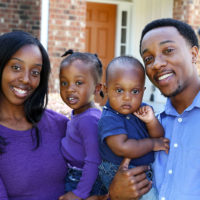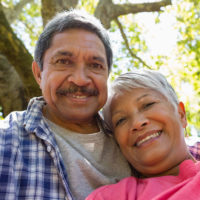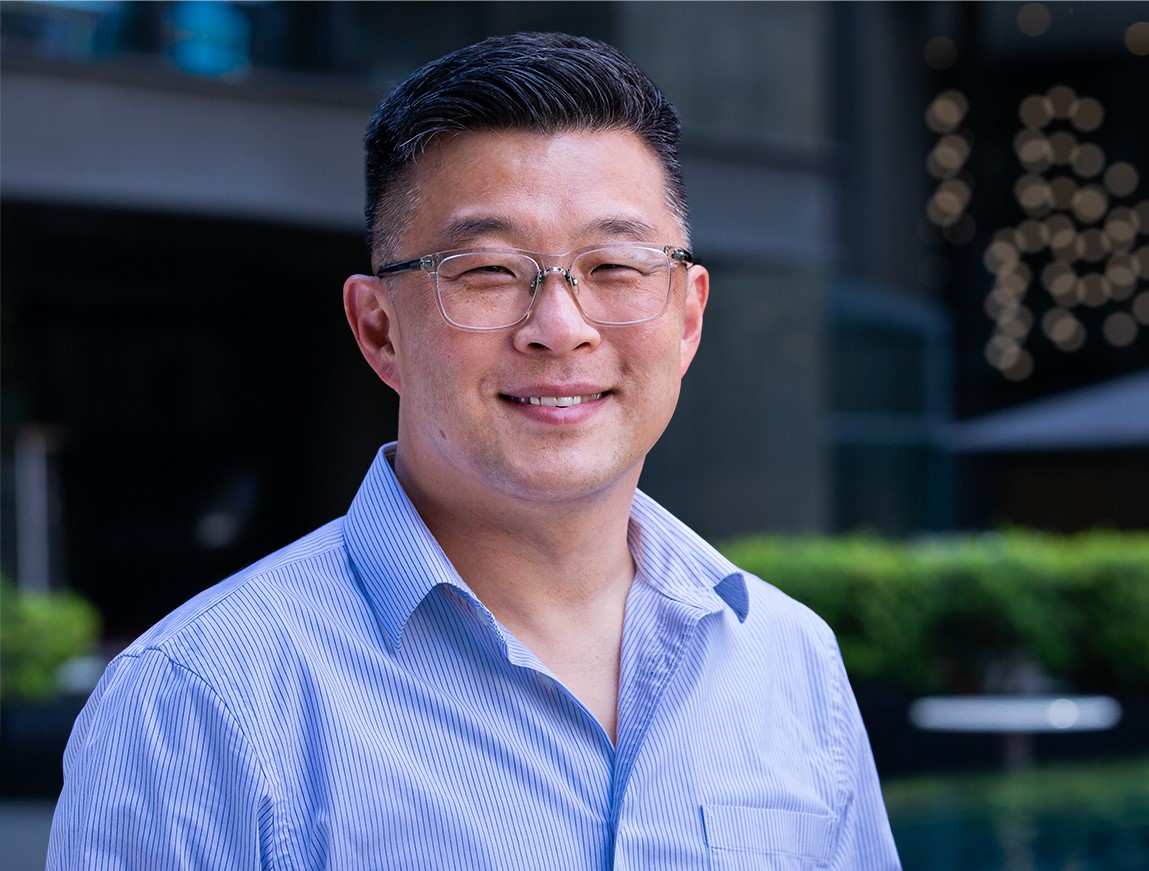Asset building makes prosperity achievable. That’s why funders across sectors are investing in asset-building strategies for greater impact in low and middle income communities.
Assets—or resources—range from savings accounts and business ownership to education and health. Owning a car or a home, college savings and retirement accounts, job skills and social networks: these are all assets too. Life without them is challenging and unpredictable. Life with these assets stabilizes families, increases agency, and strengthens communities.
AFN explores and promotes the best ways to build assets, and in this way, build wealth. We seek to dismantle systemic barriers people face when trying to find economic security. We confront inequity based on race and gender. That’s what it means to be an asset builder, and why we strive to find and share the best solutions out there with each other.
Without assets, people just make ends meet, living paycheck to paycheck. With assets, people can:
- Remain stable through financial emergencies.
- Stay in their homes and neighborhoods.
- Use their good credit to secure a mortgage.
- Pursue higher education for themselves or their children.
- Take risks that result in a better job or starting a business.
- Save for retirement.

63%
of families of color do not have enough liquid assets to sustain themselves at the poverty level for three months if they lose their income.

36%
of all senior citizens are at risk of outliving their resources.

54%
of households lack assets to buy a home, create a business, or invest in their children’s education.
It takes many assets, not just one or two, to stabilize families.
For decades, funders have invested in various ways to help families move forward: to exit poverty, live in safe homes and communities, start their own businesses, pursue education, secure jobs and advance careers, access health care, and save for the future. But questions remain: how can you truly move out of poverty into economic well-being if you can’t save for your child’s college education, build your credit history, escape predatory lending cycles, or take out a short-term loan to expand a business?
The asset-building lens helps grantmakers connect initiatives and increase impact. AFN members do this by networking on national and regional levels, sharing research online and at in-person events, and collaborating on local challenges. They seek and scale solutions—policies, programs, or financial products and services—that lead to prosperity for families across the country.
““Economic security isn’t just about income, though that’s crucial. True security means having economic comfort and the flexibility to weather storms, to dream, and to plan beyond the here and now. It’s about building wealth and assets so that you can invest in your family’s future, afford childcare, take a break, or retire with dignity. Ultimately, this kind of financial stability is vital for emotional and mental well-being.”
Jeff Kim | California Wellness Foundation
